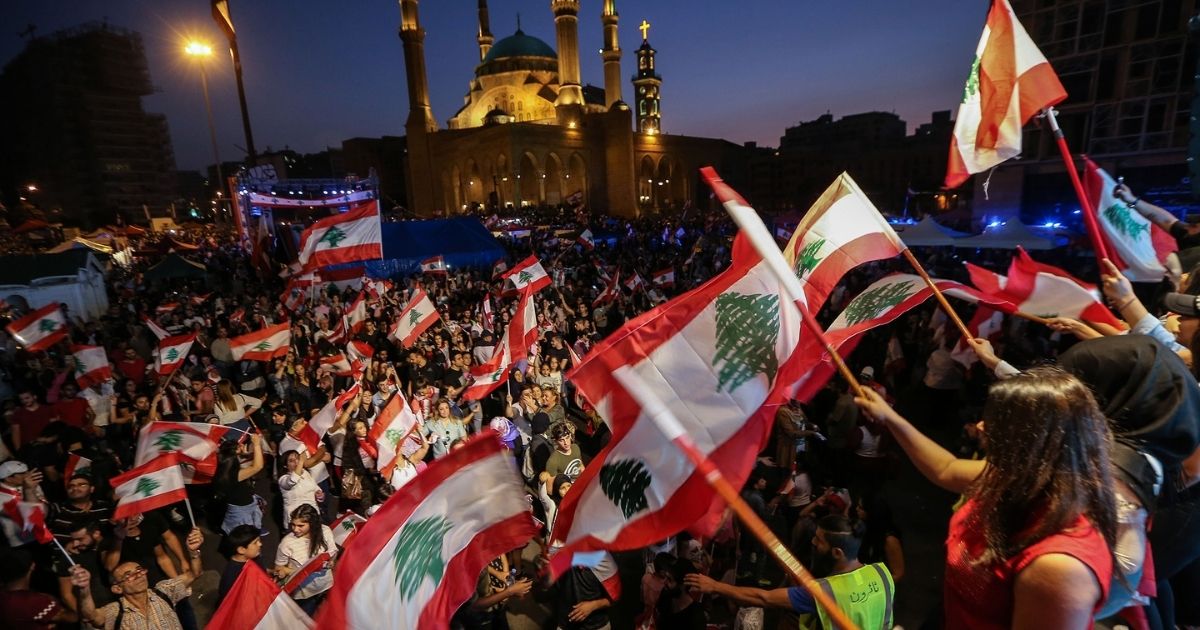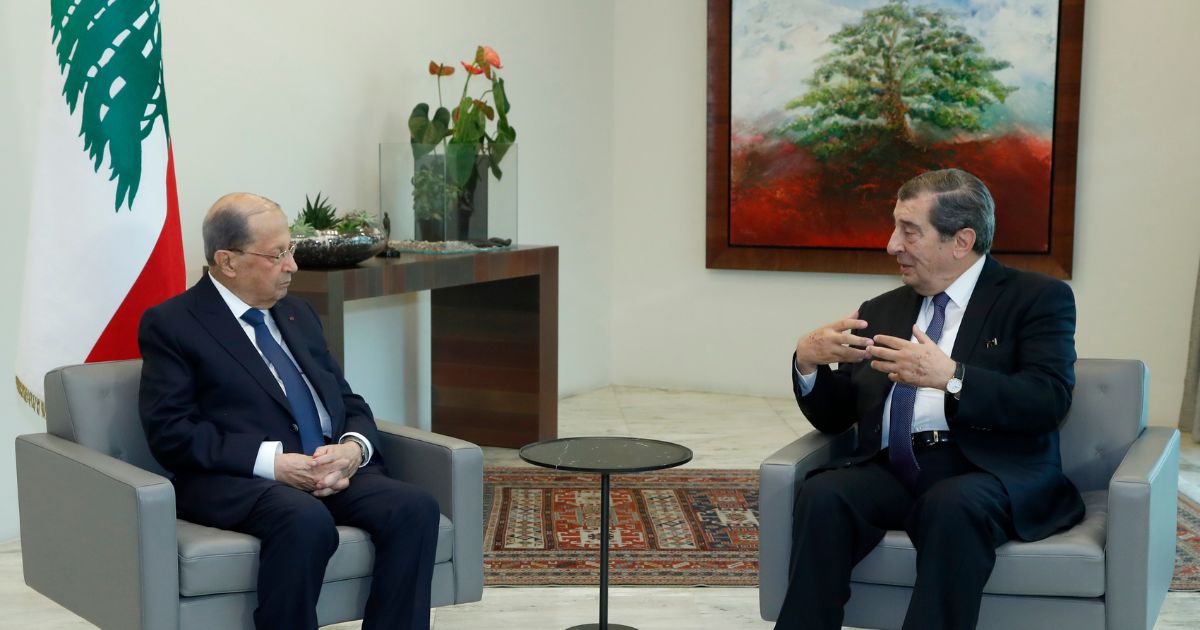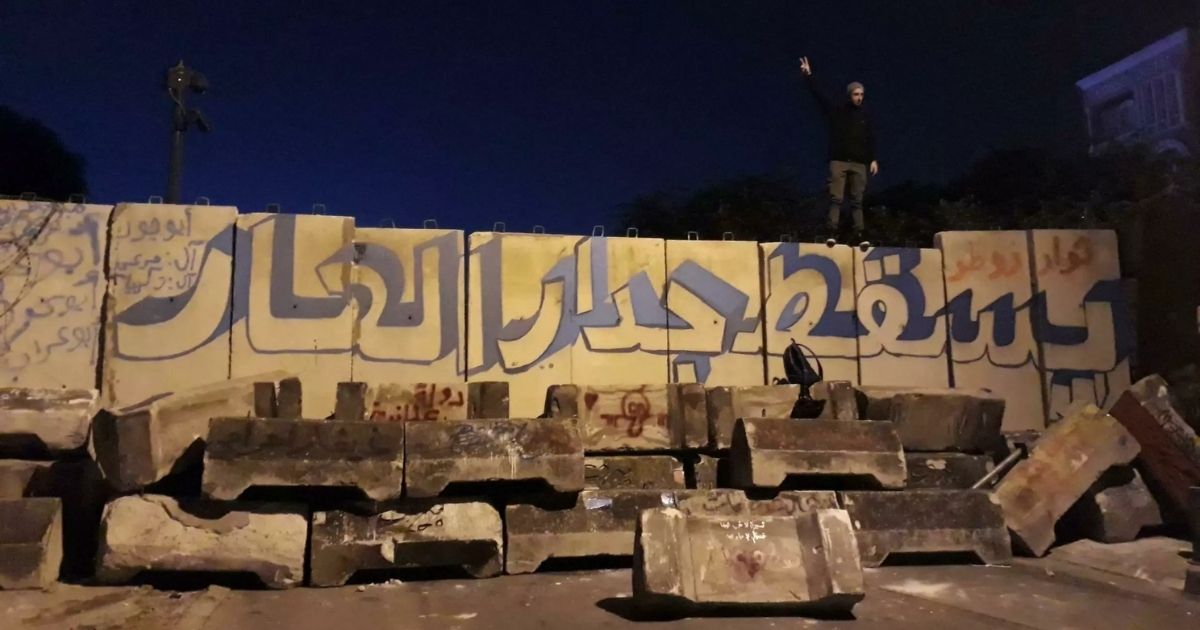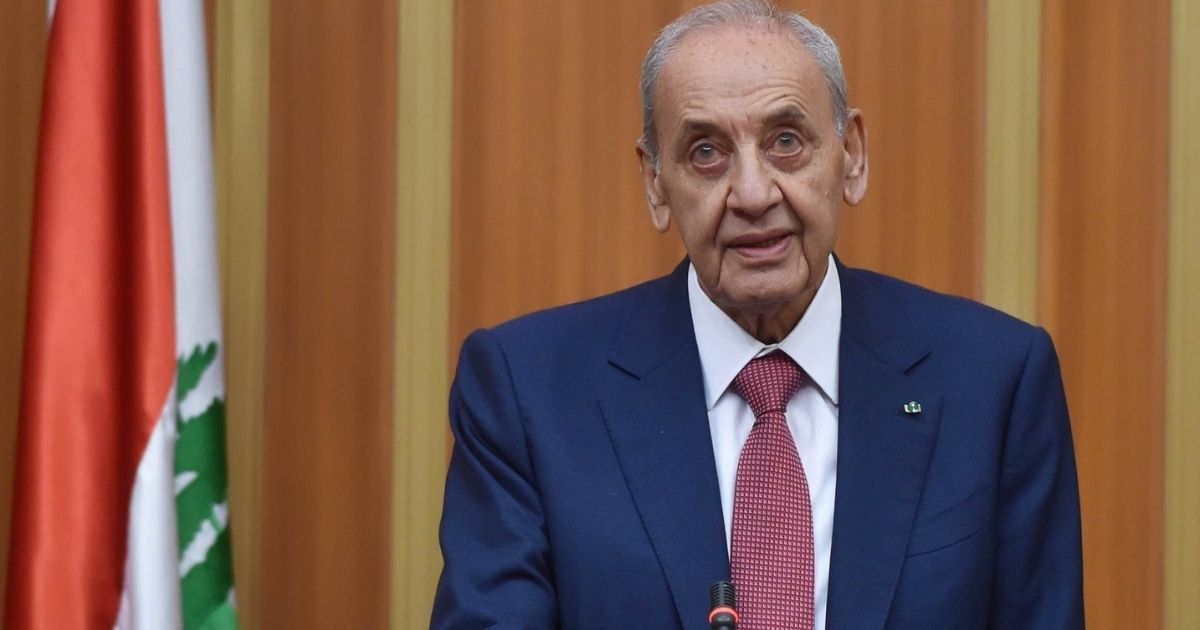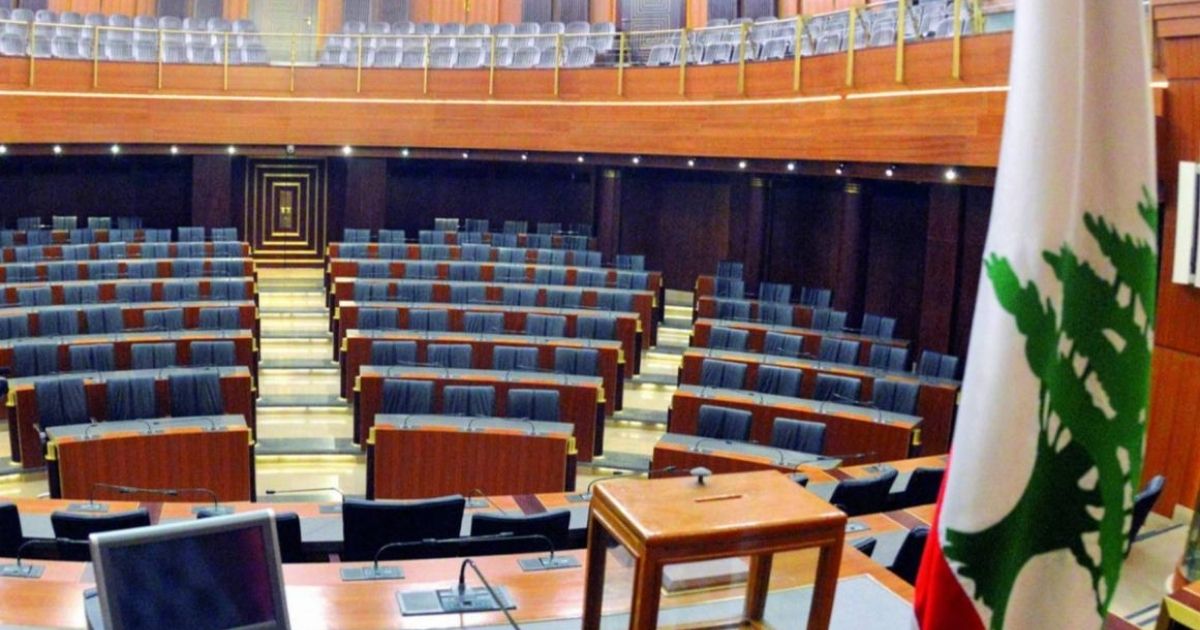Elie Ferzli is the Deputy Speaker of the Parliament in Lebanon. He’s known for his pro-Syrian regime’s sentiments that he expressed during the Cedar Revolution.
He served as Information Minister and former Deputy Speaker of the Parliament in the early 2000s, and was re-elected in 2018 to Parliament, and took once again the position of Deputy Speaker.
A few days ago, he was a target of a revolutionary reaction to his presence in a restaurant. While having dinner in Gemmayzeh, he was pressured to leave by some pro-revolution people chanting inside the restaurant and other revolutionaries participating from the outside.
Of course, he wasn’t the first to be subject to such actions, as we’ve seen recently, and will most likely not be the last. However, Ferzli took to the news and Twitter to respond.
We all know by now the slogan that started with the Lebanese revolution and is still ongoing in Lebanon and in the diaspora during protests: Kellon Yaane Kellon (all means all).
It implies that all Lebanese politicians that have taken part in leading the country to its present state of deterioration, whether corrupt, contributors in the corruption or silent about it, from 30 years ago till now, are rejected by the Lebanese people.
Trust and respect towards them are long gone, and that’s something that cannot be imposed but earned.
The people of the revolution have made it loud and clear that all politicians, in the government and the parliament, have lost their legitimacy and that they no longer represent the people.
Though, amid all of this, most of the politicians seem to be in denial. They have given no thought to the people’s most important demand, which is an early election made under a fair electoral system.
Instead, they are determined to take part in the formation of the new government.
Not only that, but they also insist on giving the revolutionaries advice and tips on how they should claim their rights, and what’s acceptable and what’s not.
Plus, some are still justifying themselves, like this will do the people or the country any good now.
After the incident with Ferzli, the public opinion, as well as the media and the press, had split opinions. Some say that it was wrong and that attacking people’s dignity is not accepted.
In defense of the revolutionary action, some say that this is a normal reaction of people when put face to face with their exploiters after having been starved and plundered.
After his incident, Ferzli shared two articles supporting, of course, the first opinion on his twitter account. One of these articles called the protesters in that restaurant Baltajiyeh and Zo’ran (bullies and thugs).
In his other posted article, he addressed the protesters as “little kids” and “young adults. These expressions were mentioned again in Ferzli’s captions.
These posts were enough for the revolutionaries to lash out on. The Deputy Speaker’s statements in his interview with Al Jadeed came as wood to the burning fire.
He issued that he was only present in the Parliament for 15 out of the 30 years of corruption, which means that there are 15 years during which there was no way for him to be part of any corruption.
He also considered that the action made against him by the protesters is a result of the revolution’s ‘breeding’ and that the media had a big role in teaching the people that they should treat all politicians the same.
In his talk, he also mentioned that he had a call from the state security warning him that a group of protesters was coming his way, thus Ferzli called his leaving the restaurant a ‘victory.’
What angered the viewers the most is the part of the interview where Elie Ferzli addresses the people, specifically the “17-year-olds” that protested in the restaurant, saying:
“Who in Lebanon dares to raise a finger and say that I’m a thief? No matter who they are, revolutionaries or protesters or rebellious or not.”
He also made it clear that the only important opinion for him is the opinion of those who elected him and are loyal to him.
He stated that, in all his years in authority, he never thought of committing an act of theft or corruption, and that he supports the people in all their demands as long as they are expressed without abusing others’ freedom, like following them to restaurants or blocking the roads.
Elie Ferzli also ‘warned’ the people that their ways of revolting are twisting the revolution. He said that they won’t always get away with their insulting acts and, while he walks without armed guards, other politicians don’t.
As for the topic of resignation, he said that he would only resign if the people who elected him in his region told him to resign.
The main thing we take out of this, and other interviews of the like, is that the people in the government will listen to the people’s demands under one condition only: if they start behaving themselves.
Lebanese citizens who watched their own money go into building other people’s mansions and companies are not allowed to raise their voices and take action to better their lives and their families’ future.
The revolutionary movements started to develop and change course when people realized that they are being ignored. Nobody’s listening to the people, and not one of their demands has yet come to life.
We still don’t even have a government, and the country’s economy is sinking deeper every day.
But still, the politicians insist on having things their own way, even though their way obviously doesn’t work.


